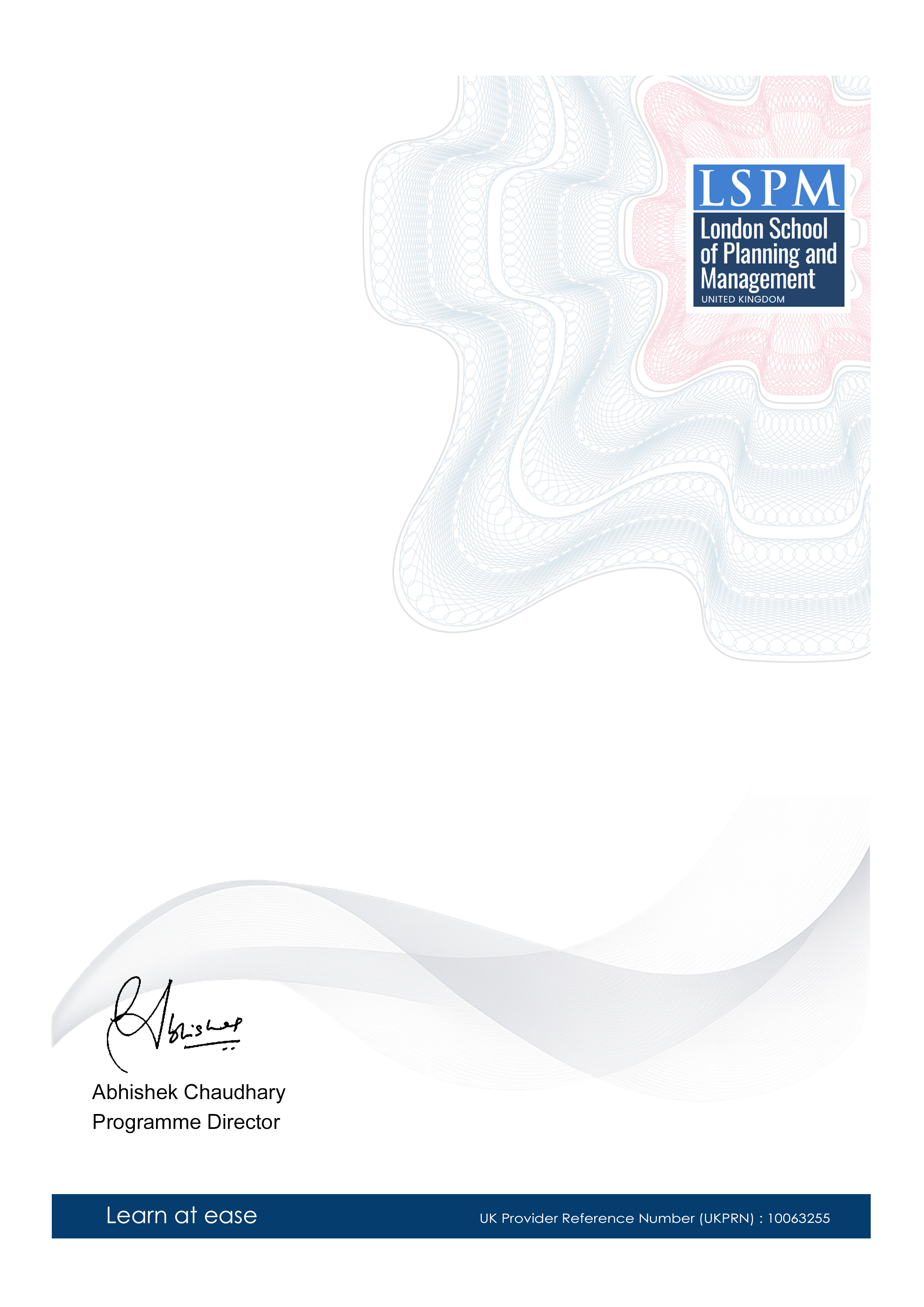Mastering Protein-Protein Docking Software
-- viewing nowThe Mastering Protein-Protein Docking Software certificate course is a comprehensive program designed to provide learners with essential skills in protein-protein docking techniques. This course is crucial in today's biotechnology and pharmaceutical industries, where protein-protein interactions play a significant role in drug discovery and development.
7,639+
Students enrolled
GBP £ 149
GBP £ 215
Save 44% with our special offer
About this course
100% online
Learn from anywhere
Shareable certificate
Add to your LinkedIn profile
2 months to complete
at 2-3 hours a week
Start anytime
No waiting period
Course details
• Introduction to Protein-Protein Docking: Understanding the basics of protein-protein docking, its importance, and applications.
• Protein Structure Analysis: Learning how to analyze protein structures and prepare them for docking using tools like Pymol and Chimera.
• Protein Flexibility and Rigidity: Understanding the concept of protein flexibility and rigidity and how it impacts docking simulations.
• Docking Software Overview: An overview of popular protein-protein docking software like HADDOCK, ZDOCK, and ClusPro.
• HADDOCK: Hydrogen bond Assisted Docking for Proteins: Learning how to use HADDOCK for protein-protein docking simulations.
• ZDOCK: A Rigid-Body Protein-Protein Docking Program: Understanding how to use ZDOCK, its scoring functions, and limitations.
• ClusPro: Protein-Protein Docking Software: Learning how to use ClusPro, its algorithms, and scoring functions.
• Evaluation and Validation of Docking Results: Understanding how to evaluate and validate protein-protein docking results using tools like PROCHECK, PDBsum, and MolProbity.
• Advanced Topics in Protein-Protein Docking: Exploring advanced topics like machine learning for protein-protein docking and integrating experimental data into simulations.
Career path
Entry requirements
- Basic understanding of the subject matter
- Proficiency in English language
- Computer and internet access
- Basic computer skills
- Dedication to complete the course
No prior formal qualifications required. Course designed for accessibility.
Course status
This course provides practical knowledge and skills for professional development. It is:
- Not accredited by a recognized body
- Not regulated by an authorized institution
- Complementary to formal qualifications
You'll receive a certificate of completion upon successfully finishing the course.
Why people choose us for their career
Loading reviews...
Frequently Asked Questions
Course fee
- 3-4 hours per week
- Early certificate delivery
- Open enrollment - start anytime
- 2-3 hours per week
- Regular certificate delivery
- Open enrollment - start anytime
- Full course access
- Digital certificate
- Course materials
Get course information
Earn a career certificate

